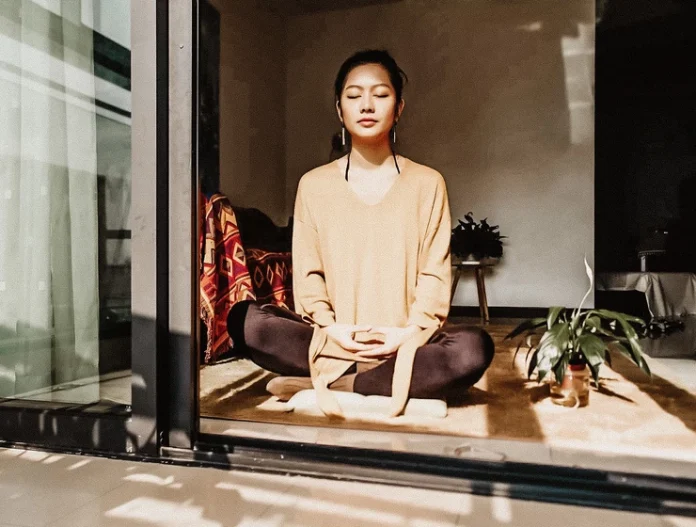by Amanda Rosario
It can be said that we are spiritual beings having a human experience.
Even if you don’t believe the spiritual part, you can agree that we all share in the experience of what it is to be human.
Humans, for whatever reason you want to give it, are dealt a number of cards with varying abilities to play them.
Often we like to think of ourselves as in charge of things: “Life is what you make of it!” and then all of a sudden, we’re dealt a blow that blindsides us.
So what to do when those things happen?
Perhaps you don’t have a major challenge to tackle, but somehow you’re still feeling a bit… meh.
Here’s a few ways to find quiet in the storm, or bring joy to the mundane:
1) Attention is Love.
What this means is simply mindfulness. How many times do we shovel down dinner as we
watch TV, and it’s only when someone asks us what we ate that we realise we don’t have a clue?
I have a rule to not have screen time whilst I’m eating, and to try and be focused and attentive on what I’m eating.
That way, I taste my food (and often find I eat less!) and enjoy my meal more.
This behaviour of course is not limited to food, but is true of cooking, washing the dishes, walking to the bus stop, etc...
Being present and in the moment allows you to live more joyfully – which is why the endless scroll when your brain has mostly switched off can be so detrimental.
2) Pause. Reset. Refresh.
It’s easy in our busy modern lives to be doing a million things all at once and going along at a speed of a hundred miles a minute.
We’re often not actually very productive when doing this, lose focus quickly or struggle to complete a single task.
A good mental check helps to prevent our minds from continually whirring over and over the same thing, allowing us to ‘put [tasks] to bed.’
Pausing is a great way to do this.
Even when you’re leaving home in a hurry to catch your train and get to work, a five second pause can make a huge difference.
A moment to check in with yourself, that you’ve completed your task (in this case, of getting
ready) so you can experience a feeling of closure, before moving on to the next task (getting to the station).
This mindfulness helps bring to mind the umbrella you’d have otherwise forgotten, or forces you to consciously check you haven’t left the hair straighteners on.
Once you’ve checked in, you don’t have to whir over those thoughts whilst you’re on your train. You can fully BE on the train and not mentally back at home with the check list.
3) Learn to Let Go
A car honked at you; your manager snapped; a customer was rude – it happens.
And as is often the case with injustice, we feel the need to replay the situation over and over again in our heads.
“If only I’d said this! How dare they say that? Life’s so unfair!”
It’s easy to get caught up in the chaos. Remember, those people are having a human experience too, and are often simply reacting to things in their own life: it’s not you, you’re just baring the brunt of it.
The way to end that cycle of chaos? Let go. It happens. But don’t let it cost you your peace.
4) And Breathe
A big part of spiritual practice is breathing, which becomes especially important when meditating.
Sometimes just a moment to focus on the breath (notice how I say, on the breath and not your breath) can really help to still the mind.
The observer cannot be the observed (Spoiler Alert: you are not your body!)
It can also help to close your eyes and keep your spine straight, and your gaze lifted towards the third-eye chakra (the point in between the eyebrows).
A few deep belly breaths in this position will bring you a sense of calm, especially when you let go of whatever turmoil is going on in your head and focus solely on the breath coming in and going out, and flowing in a loop.
When you come ‘back into the room’ you’ll find your perspective has changed, and thus the problem has too.
Remember that the glass half-full has the same amount of liquid as the glass half-empty: you’re not changing the amount of liquid, but you’re changing how you feel about it.
Comparison is the thief of joy, and perspective is everything.













